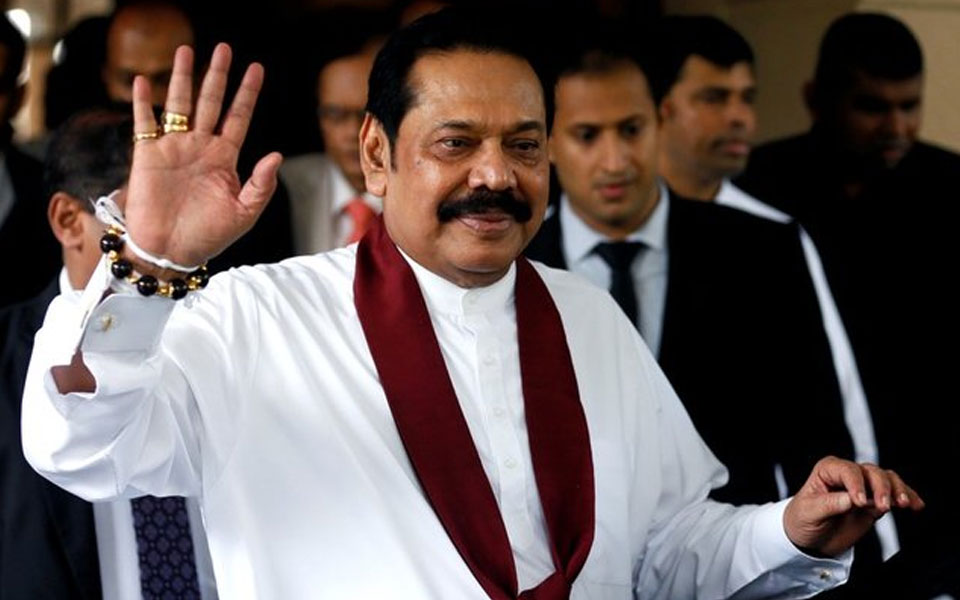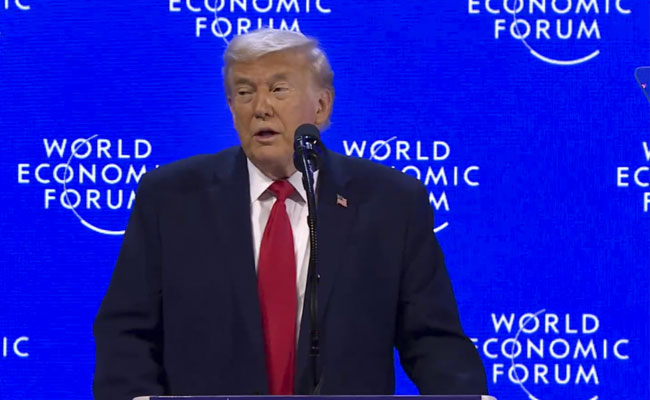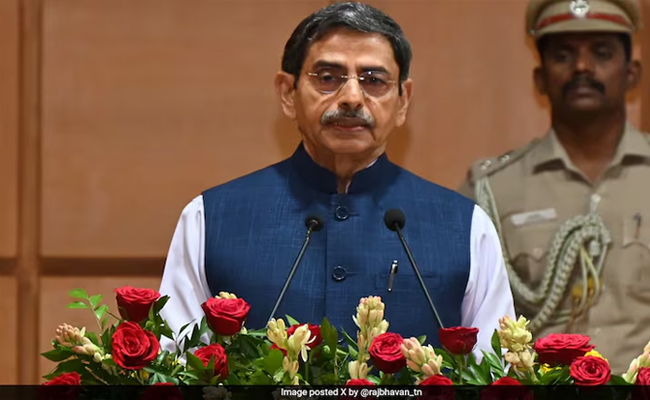Colombo: When Mahinda Rajapaksa was vanquished in Sri Lanka's presidential elections in 2015, many thought the shrewd leader, known for his brutal military campaign against the Tamil Tigers, was a spent force.
But five years later, the 74-year-old leader is back at the top in Sri Lankan politics along with his three siblings, winning the general elections held on Wednesday.
However, it has not been a smooth sailing for Rajapaksa, a veteran street-fighter politician who entered Parliament when he was just 24. After losing the seat in 1977, he focused on his law career until reentering Parliament in 1989.
Rajapaksa served as labour minister (1994 2001) and minister of fisheries and aquatic resources (1997 2001) under President Chandrika Kumaratunga, who appointed him as prime minister after the general election of April 2004, when the United People's Freedom Alliance, a coalition led by the Sri Lanka Freedom Party, won a majority in Parliament.
He was chosen as the Sri Lanka Freedom Party's presidential nominee in November 2005. Shortly after his victory in the election, Rajapaksa announced his intention to crush the Liberation Tigers of Tamil Eelam (LTTE), which had established a de facto government in northern Sri Lanka.
Ending the nearly 30-year-long bloody civil war with the LTTE, where all his predecessors had failed, Rajapaksa became a hero and used it to return to power with a thumping win in 2010, leading to political analysts labelling him "a man with a midas touch."
Rajapaksa had acknowledged a number of times that his crowning moment in his over four-decade political career was the victory against Tamil Tigers.
However, he was accused of condoning sexual violence and extrajudicial killings allegedly by Lankan security forces during the civil war, which ended in May 2009 with the killing of LTTE supremo Velupillai Prabhakaran.
He was also accused of approving a crackdown on dissent, and his supporters are alleged to have been involved in the murder of journalists who were critical of the government.
During his presidency from 2005 to 2015, Rajapaksa consolidated his position. The Constitution was changed to allow him to serve a third term, and his three brothers - Gotabaya, Basil and Chamal - were awarded influential positions, leading to accusations that he was running the country like a family firm.
His domestic popularity appeared to wane during 2014 because of rising prices and concerns of corruption and abuse of power, and, in an attempt to secure another presidential term before losing support, he again called for an early presidential poll. But his political gamble backfired and he was defeated in the elections in 2015. Maithripala Sirisena, formerly a member of Rajapaksa's cabinet, defeated him and was sworn in as president.
During his tenure as president, Rajapaksa concluded several deals with China, raising concerns in India and the West.
Critics say it was due to Rajapaksa that the country has fallen into the "Chinese debt trap". The strategic Hambantota port, which was funded by a Chinese loan during his regime, was leased to Beijing on a 99-year debt-for-equity swap in 2017 after the country failed to pay off the debt.
In 2015, Parliament restored a constitutional two-term limit on the presidency barring Rajapaksa from contesting again. In August, Rajapaksa was elected to Parliament.
After their defeat in 2015, the Rajapaksas were battling arrests and corruption cases in court. There were scores of cases filed against them for alleged misappropriation and the cases are still pending.
Three years later, Rajapaksa was briefly appointed as the prime minister in October, 2018 by then President Sirisena, who sacked Prime Minister Ranil Wickremesinghe in a controversial move that plunged the country into an constitutional crisis. Rajapaksa resigned on December 15 after the Supreme Court declared that the dissolution of Parliament by Sirisena was "illegal".
Later, Rajapaksa and his supporters in Parliament defected from the ruling party and joined the SLPP, founded by his brother Basil, and he formally became the Leader of the Opposition.
The Easter bombings on April 21, 2019 that killed more than 250 people was a turning point in Sri Lankan politics as the then government appeared to have failed to act though it had advance intelligence report of an impending terror attack.
The SLPP led by the Rajalaksas lambasted the government of President Sirisena and Prime Minister Wickremesinghe for the failure on the security front.
The SLPP also announced the presidential candidacy of Rajapaksa's brother Gotabhaya, who had served as his defence minister in the final years of the civil war against the LTTE.
The brother-duo promised security to Sri Lankans who became worried about Islamic extremism in the Buddhist-majority country. Gotabhaya won the presidential election in 2019, resulting in reversal of the fortunes for the Rajapaksa clan.
After becoming President, Gotabaya appointed Rajapaksa as the prime minister of the caretaker cabinet until the general election in August 2020.
Rajapaksa visited New Delhi in February on his first official visit abroad after being appointed to the office. During his visit, Rajapaksa met Prime Minister Narendra Modi and discussed a range of key bilateral issues, including trade, defence and security.
The massive victory of the powerful Rajapaksa family-run party in the August 5 election will allow them to amend the Constitution to restore presidential powers and tighten their grip on political power.
Let the Truth be known. If you read VB and like VB, please be a VB Supporter and Help us deliver the Truth to one and all.
Gurugram (PTI): A petrol pump worker died after an SUV rammed into his motorcycle in the Sushant Lok area here, police said on Thursday.
The accused driver fled the scene, leaving the vehicle after the accident. An FIR has been registered at the Sushant Lok police station, they said.
According to police, the accident occurred on Wednesday afternoon when Mukesh was travelling from Sector 44 to Sushant Lok on Vyapar Kendra Road for some work.
Near Vyapar Kendra, a white Thar coming from the wrong side at high speed hit his motorcycle head-on, leaving him critically injured, they said.
The driver fled the scene, leaving the vehicle behind, police added.
Eyewitnesses claimed the vehicle had no number plates either at the front or rear.
Locals took Mukesh to a private hospital, where he died during treatment, police said. He was a resident of Rohta Patti in Palwal and worked at a petrol pump in Sector 44.
An FIR was registered against the unidentified driver, based on a complaint lodged by his brother Ashok. The body was handed over to the family after a post-mortem on Thursday, police said.
“The Thar vehicle has been seized from the spot. CCTV footage from the area is being examined, and the driver will be arrested soon,” a Gurugram police spokesperson said.





